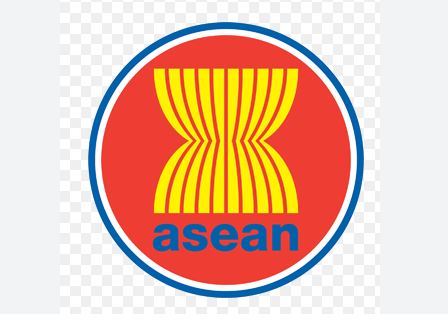Editorial
The Association of Southeast Asian Nations (ASEAN) stands as a testament to the power of regional collaboration and unity. Comprising ten member countries – Brunei, Cambodia, Indonesia, Laos, Malaysia, Myanmar, the Philippines, Singapore, Thailand, and Vietnam – ASEAN has evolved into a dynamic economic and geopolitical force. As the world navigates through the complexities of the 21st century, ASEAN’s potential shines brightly on various fronts, including economic growth, geopolitical influence, and regional stability.
One of ASEAN’s most notable strengths lies in its economic potential. The region has experienced rapid economic growth over the past few decades, driven by factors such as a young and dynamic population, increasing urbanization, and a burgeoning middle class. With a combined GDP exceeding $3 trillion, ASEAN has become a significant player in the global economy.
ASEAN’s commitment to economic integration through initiatives like the ASEAN Economic Community (AEC) has further fueled its economic potential. By fostering trade liberalization, promoting financial integration, and enhancing connectivity, ASEAN member states have created a conducive environment for businesses to thrive. As a result, the region has attracted substantial foreign direct investment, transforming it into a key player in the global supply chain.
Beyond its economic prowess, ASEAN holds considerable geopolitical influence. The region has actively promoted a “ASEAN Way” of diplomacy, emphasizing consensus-building, non-interference, and conflict resolution through dialogue. This approach has contributed to the region’s stability and has positioned ASEAN as a key player in shaping the geopolitical landscape of Southeast Asia.
ASEAN’s centrality in regional forums such as the ASEAN Regional Forum (ARF) and the East Asia Summit (EAS) has allowed it to play a crucial role in addressing regional challenges. Whether it be maritime security, transnational crime, or environmental issues, ASEAN provides a platform for dialogue and cooperation, fostering a sense of shared responsibility among its member states.
ASEAN’s rich cultural diversity is a unique asset that adds to its potential. The region is home to a myriad of languages, religions, and traditions, creating a melting pot of diversity. This cultural tapestry not only enriches the lives of its people but also presents opportunities for cultural exchange, tourism, and collaboration in the arts and education.
Moreover, the soft power emanating from ASEAN’s cultural diversity contributes to its influence on the global stage. As the world becomes more interconnected, cultural diplomacy plays an increasingly important role in shaping international perceptions. ASEAN’s ability to showcase its vibrant cultures enhances its attractiveness as a destination for tourism, investment, and partnerships.
While ASEAN’s potential is undeniable, challenges persist. Issues such as economic disparities among member states, political differences, and security concerns pose ongoing challenges to the realization of the region’s full potential. However, the commitment to the principles of unity and cooperation remains strong within ASEAN.
To unlock its full potential, ASEAN must continue to prioritize economic integration, address internal disparities, and enhance its resilience to external shocks. Moreover, the region can leverage its cultural diversity and soft power to foster greater people-to-people connectivity, fostering understanding and collaboration among its diverse populations.
Conclusion:
ASEAN’s potential is a force to be reckoned with in the global arena. As the region continues to evolve, the world can expect ASEAN to play an increasingly influential role in shaping the future of Southeast Asia and beyond. By harnessing its economic strength, geopolitical influence, and cultural diversity, ASEAN has the opportunity to emerge as a beacon of regional cooperation and a driver of positive change on the world stage.

















